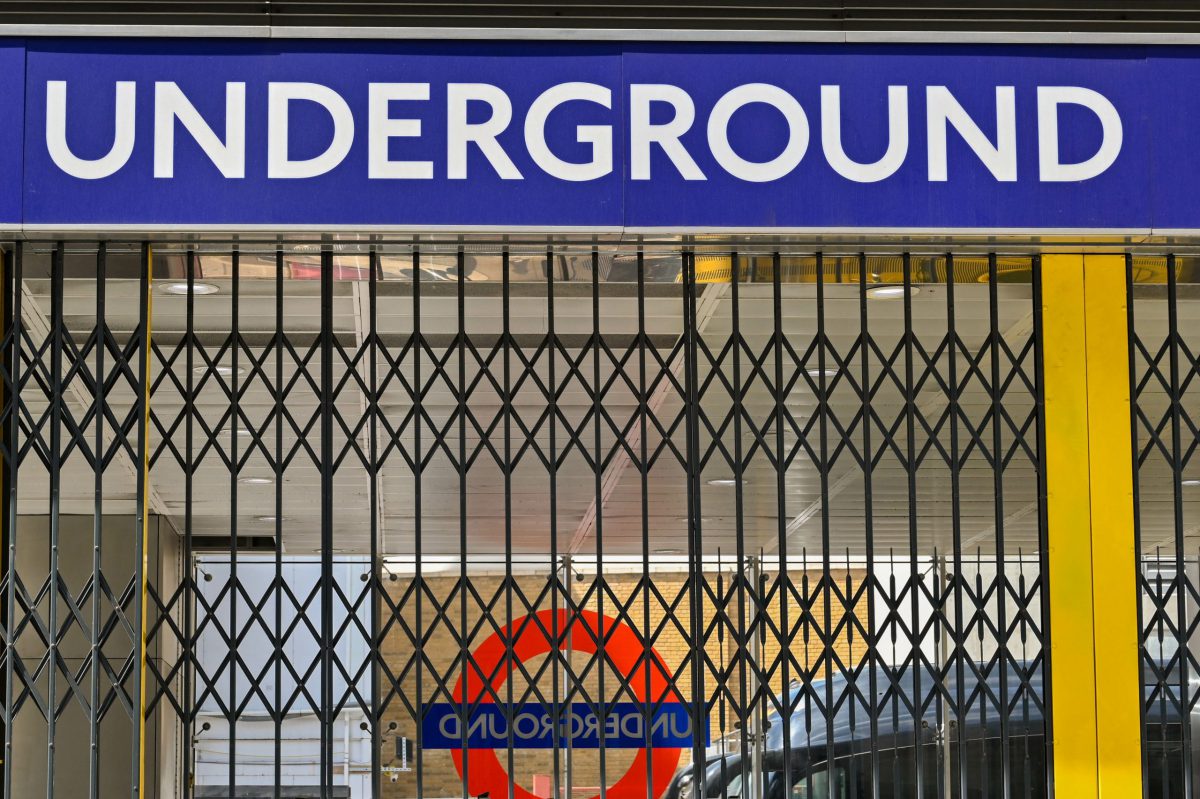Posted Friday 27th January 2023
Unlike the rule of baseball in the US, employers in the UK need to tread carefully in the current strike climate. 2022 will be remembered as a year of industrial action, the likes of which have not been seen in the UK since the Winter of Discontent.

With just under a month into 2023, strike action has already been taken by rail services, the Royal Mail, NHS nurses and ambulance drivers, with more strikes from the rail industry and teachers to come. Whilst the need to strike is an important right and tool in democratic societies, such strikes also inevitably disrupt an individual’s ability to work.
Next week sees the start of a seven-day strike action by members of the National Education Union (NEU), which is expected to impact 23,400 schools in England and Wales between the 1st of February and 16th of March 2023. The government has issued guidance that schools should be kept open for as many students as possible and that vulnerable students, students of critical workers and students undertaking exams should be prioritised. This is, however, at the discretion of schools, and in many cases, it may not be possible to keep schools open at all, leaving working parents struggling to sort out alternative childcare and negotiating flexible working with their employers.
Employers should start conversations with staff as soon as possible to see what arrangements will need to be made. If no alternative childcare is available, employers should consider flexible working arrangements, such as working from home. Where working from home is not possible, employers may wish to consider encouraging working parents to take annual leave, time off in lieu or unpaid leave. Employers should also circulate any relevant policies to their employees ahead of time.
Employees may request taking parental leave as an alternative. This however requires giving the employer 21 days’ notice and needs to be taken in blocks of at least one week (unless the child is disabled). Parental leave also unpaid, so may not be a viable option for working parents.
The key take-away for employers in dealing with the impact of strike action is early consideration, planning and discussion with employees. This will enable both employees and employers to be prepared to try and reduce the effects of the strikes.
Further rail strikes set for the 1st and 3rd of February loom over the UK, the disruptive effects of which the public has come to know well. Many employers permitted working from home during strike actions in 2022 and early January 2023.
Where possible, employers should try to accommodate all reasonable requests by employees who are making their best efforts to come into work during strikes. This may include allowing staff to come in late or leave early, and where necessary, fund overnight accommodation if employees are not able to make it home.
Taking any disciplinary action against employees where strikes involve transport services should be seriously considered, as such action could be deemed unreasonable due to the uncontrollable and hindering nature of such strikes. Whilst it is generally an employee’s responsibility to get to and from work and an employer would be entitled to treat any such absences as unauthorised (and would not be required to pay employees), employers should use their discretion and take into consideration that employees may genuinely be unable to travel to work.
If flexible working and working from home is an option for employees, this would be the most effective measure employers could introduce during rail strikes. Permitting employees to work from home or start work later and leave work earlier are small accommodations that employers can consider in light of strike action.
Where working from home is not possible, employers may consider introducing a discretionary scheme. Employees under discretionary schemes receive discretionary payments in the event that they cannot attend work due to the effects of strikes.
Meanwhile, the government is proposing anti-strike legislation to reduce workers’ rights in respect of strike action by introducing minimum service levels. Each industry represented by a union would, if the draft Strikes (Minimum Service Levels) Bill is passed, have to adhere to minimum service levels. Some members of unions would therefore not be permitted to strike.
Should the bill be passed into law, it would also introduce a legal right for employers to fire employees who do not comply with notices that they are required to work during industrial strike action.
The bill passed its second reading in Parliament on the 16th of January 2023 and is due to be passed to the Public Bill Committee on 30th of January 2
This article is for reference purposes only. It does not constitute legal advice and should not be relied upon as such. Specific legal advice about your specific circumstances should always be sought separately before taking or deciding not to take any action.